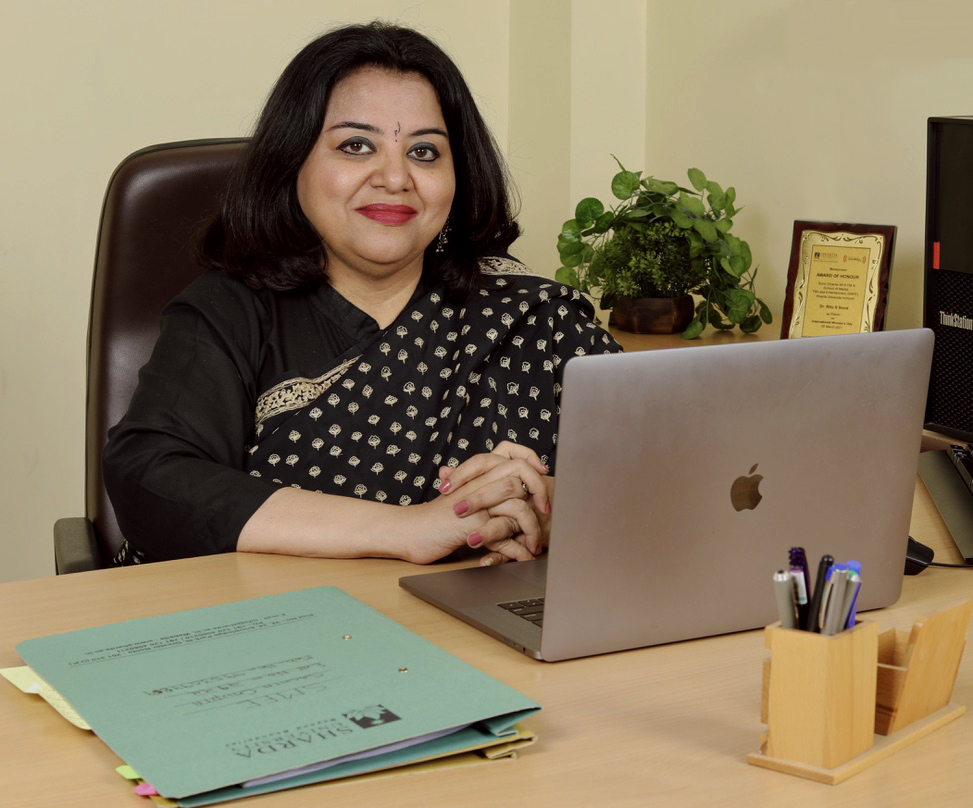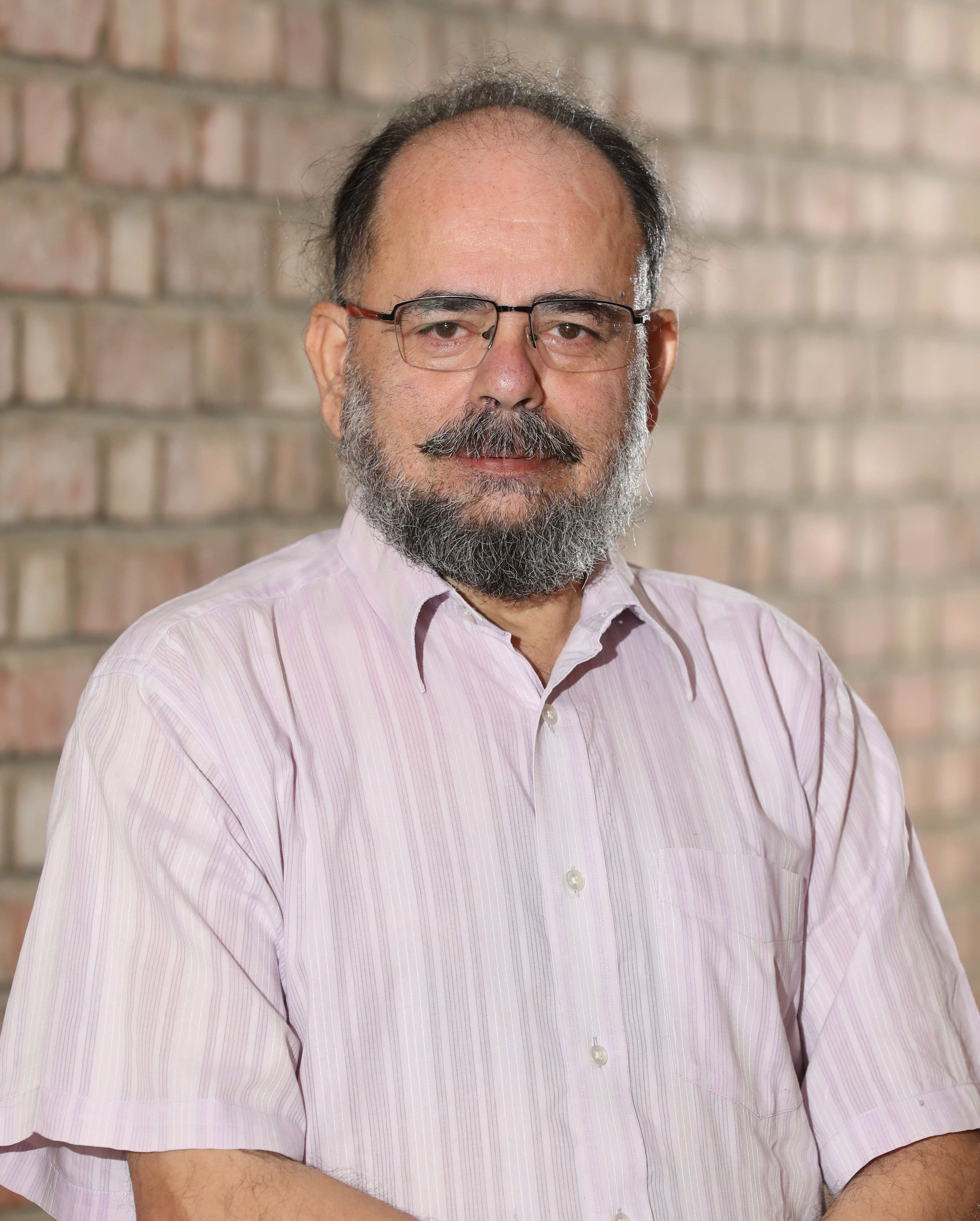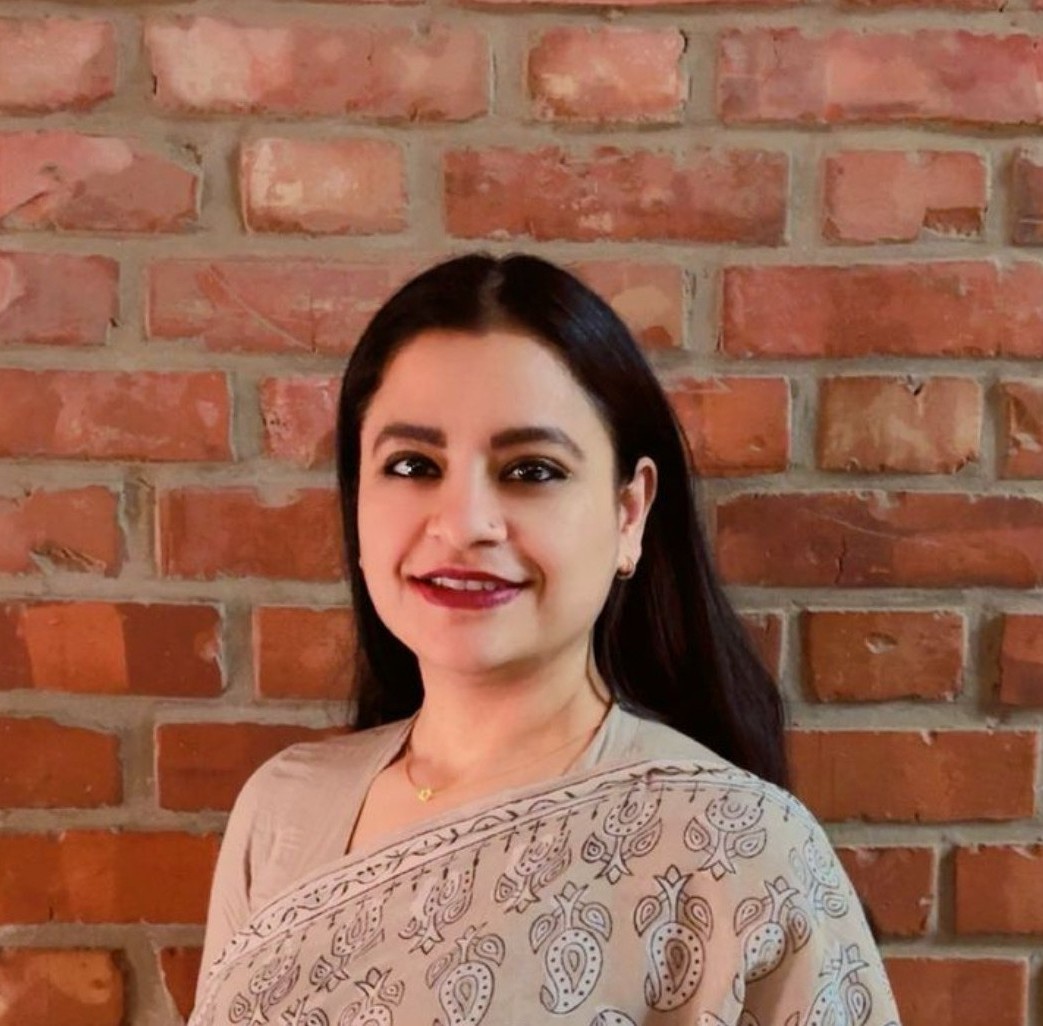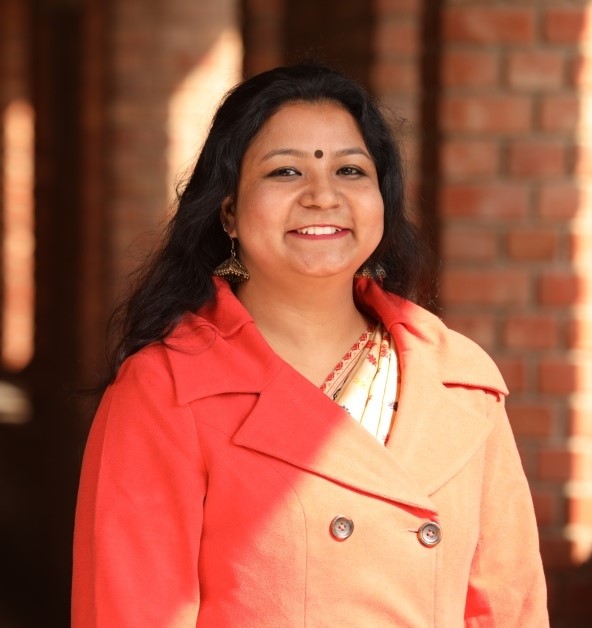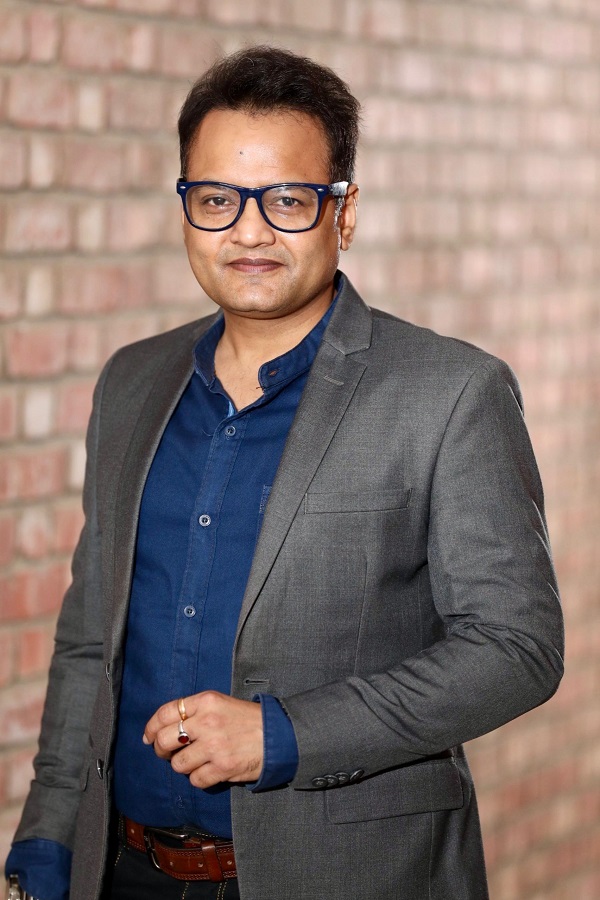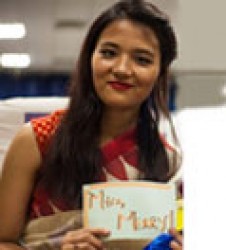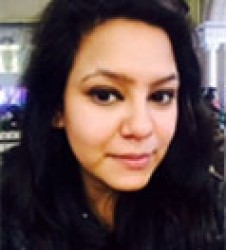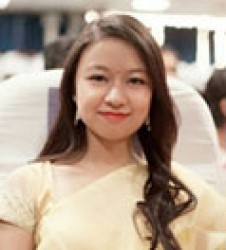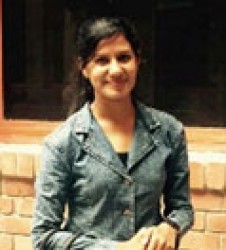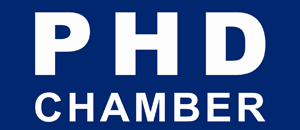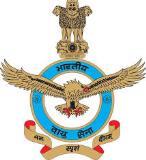Sharda School of Media, Film and Entertainment
Download BrochureOverview
Sharda School of Media, Film and Entertainment (SSMFE) is a cutting-edge hub of innovation and imagination, shaping the storytellers, content creators, filmmakers, digital artists, and media entrepreneurs of tomorrow. Positioned at the intersection of creativity and technology, SSMFE offers industry-aligned, future-ready programs that blend traditional artistic disciplines with the latest advancements in artificial intelligence, immersive media, VFX, virtual production, gaming, and digital storytelling.
With access to state-of-the-art studios, industry-grade software like Adobe Creative Suite, DaVinci Resolve, Unreal Engine, Blender, and AI-powered content creation tools, our students are empowered to think boldly and execute fearlessly. From script to screen, from podcast to projection mapping, SSMFE prepares students for an evolving media landscape driven by global trends in automation, data-driven storytelling, influencer marketing, digital branding, and cross-platform content strategy.
At SSMFE, internationally acclaimed faculty and creative professionals collaborate to shape curricula that are relevant, research-intensive, and deeply rooted in real-world practices. Students learn through hands-on projects, immersive workshops, and industry mentorship, making them ready for the dynamic world of cinema, OTT platforms, advertising, animation, digital journalism, and interactive content design.
Objective
The programmes under Sharda School of Media, Film and Entertainment (SSMFE) are designed to enable students to SSMFE programs are designed to:
- Instill a critical, cross-disciplinary perspective on the creative and cultural industries.
- Equip students to design, manage, and lead media projects using both traditional techniques and cutting-edge technology.
- Develop strong visual, narrative, and digital communication skills to address global audiences across media platforms.
- Foster innovation in fields such as AI-generated content, branded storytelling, digital news ecosystems, and transmedia narratives.
- Encourage collaboration, research-based experimentation, and global thinking in shaping media futures.
Key Highlights
- Experiential Learning at the Core:
Hands-on projects, live production labs, on-campus studios, green screen facilities, podcasting booths, and virtual sets offer students real-time exposure to the professional media environment. From ideation to final execution, every course encourages learning by doing. - AI-Driven Curriculum & Future Technologies:
Courses integrated with AI-powered content creation, machine learning in film editing, virtual production, motion capture, and immersive storytelling using AR/VR, Unreal Engine, and Blender, prepare students for tomorrows media industry. - Industry Interface & Internships:
Frequent masterclasses, portfolio reviews, and industry interactions through strategic collaborations with film studios, advertising agencies, OTT platforms, and production houses ensure job-ready training and internship-to-placement pipelines. - Project-Based & Research-Driven Learning:
Students engage in real-world projects, media festivals, competitions, and conceptual research that align with global trends and societal impact, often linked to UN SDGs and creative entrepreneurship. - Collaborative, Multidisciplinary Culture:
Students across specialisations—film, journalism, animation, advertising, digital media—collaborate on projects, simulations, and events to mirror real-world teamwork and cross-domain synergy. - Career Readiness & Entrepreneurial Support:
Dedicated career cells, alumni mentorship programs, and startup incubation support empower students to either join the media workforce or launch their own creative ventures.

